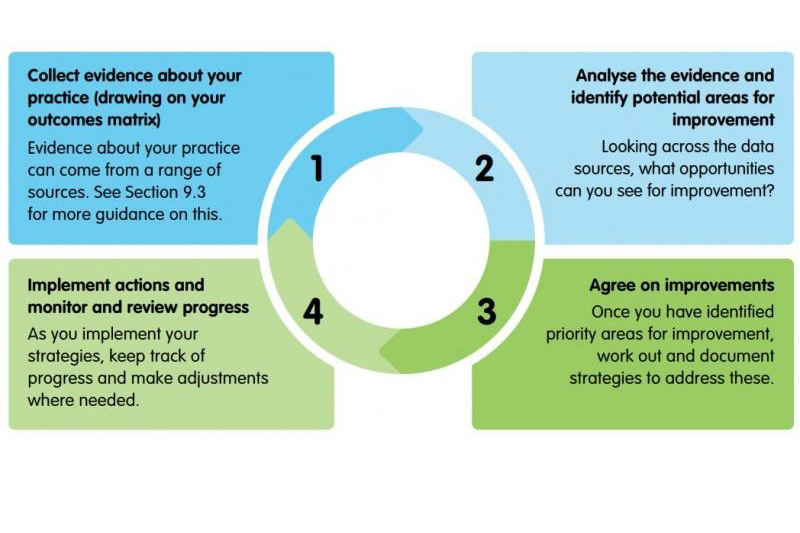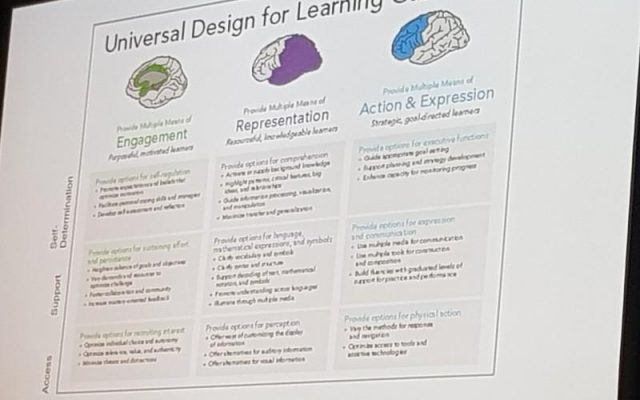
Top tips for evaluating community development
Monitoring and evaluation support effective community development. Being ‘evaluation-minded’ will help you to assess your progress, understand whether you’ve achieved what you set out to achieve, and continue to learn and improve.
However, from our experience working with community organisations, we know that the terminologies and technicalities of monitoring and evaluation can feel overwhelming. Community projects usually operate on small budgets with limited time and resources to conduct large-scale data collection (see our blog on the common challenges NGOs face when it comes to evaluation).
To help community organisations find a way into monitoring and evaluation that works for them, we included tips for developing a monitoring system, collecting data, designing questionnaires and conducting interviews, and approaching evaluation, in the Ability Links NSW Community Development Resource Package.
Top tips
The Package includes these seven principles, to help guide your thinking about monitoring and evaluation at each stage of the community development process.
- Build in monitoring and evaluation from the outset. Evaluation is not something that is done only at the end of a project, looking back. It can be more useful if done during implementation, so you can inform ongoing improvement. You also need to build in data collection from the start to assess outcomes at the end.
- Get the scale right. Scale your data collection to the scale of your initiative. For smaller projects, develop a simple monitoring system and only collect data that will help you understand how much was done, how well it was done, and if anyone is better off as a result. For larger scale projects, we suggest developing a more comprehensive monitoring system, including a program logic and outcomes matrix, which provide a framework for evaluation.
- Keep it simple and stage it. If you are starting a new monitoring and evaluation system, start small. Introduce new elements in stages, don’t try to do it all at once.
- Pilot before launch. Test data collection with partners and participants so you can ensure it is feasible and meaningful.
- Collect what is useful. Collect what information is useful to inform delivery of your project. If you are seeking additional funding, you will also need to think about the data that will help you make a case for your project.
- Keep an eye on the benefits and the burden. Capture feedback from participants but minimise the data collection burden. Remember your participants are likely asked to complete surveys from multiple organisations.
- Manage the process ethically. This includes gaining informed consent and managing data securely.
For more guidance on how to start, manage and sustain a community development project to support inclusion of people with disability, including how to work effectively with specific population groups and organisations types and how to monitor and evaluate community development, download the Package here. You can also read our previous blogs on the Package.




